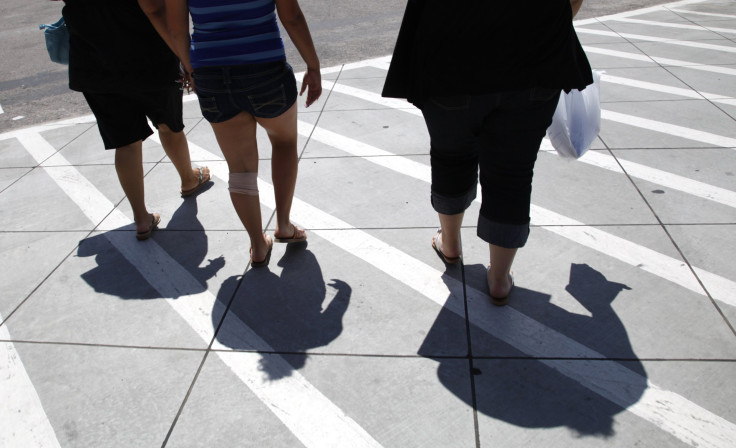Weight Loss Surgery May Reduce Cardiovascular Disease Risk In Obese Diabetic Patients, Study Suggests

There is a rapid rise in the number of people being diagnosed with obesity and type 2 diabetes. Several studies have already suggested that these individuals are at increased risk of developing cardiovascular disease.
So, Dr. Ali Aminian, a bariatric surgeon at Cleveland Clinic, and his colleagues decided to look into the role played by weight loss surgery in reducing the risk of cardiovascular disease in obese people with type 2 diabetes.
Through the study that was published in the medical journal JAMA on Monday, the research team found out that bariatric surgery can reduce the risk of macrovascular complications of obesity-related type 2 diabetes.
Although the study did not prove, the risk of cardiovascular disease was reduced due to weight loss surgery. The research team found out that obese people with type 2 diabetes had 35 percent reduced risk of developing heart problems after the surgery.
The obese individuals with type 2 diabetes were less likely to experience any type of cardiovascular problems, like strokes, heart attacks and heart failure, after the bariatric surgery, the research team noted.
The researchers also found out that the individuals who underwent the weight loss surgery were less likely to die and they reduced their daily intake of medication. These individuals even lost more weight and controlled their blood sugar levels during the study.
For the study, the researchers from the Cleveland Clinic compared the data of 11,435 obese individuals with type 2 diabetes who did not have bariatric surgery with the data of 2,287 adults who had gone under the knife.
All the participants in the study had a body mass index (BMI) that was above 30 and most of them had a BMI that was above 40. The participants also had poor control over their blood sugar levels and they were taking at least one medication for the disease.
At the end of the study, the research team found out that 48 percent of participants who did not undergo the surgery experienced the first major cardiovascular event eight years after the research started. While only 31 percent of the individuals who underwent surgery experienced it during the same period.
Some of the health problems the participants experienced during the study period were heart attacks, unstable angina, heart surgery or heart stenting, heart failure, atrial fibrillation, strokes, kidney disease, the problem with carotid artery and death.
The research “demonstrated weight-loss surgery can significantly reduce the risk of (actual cardiovascular events) in patients with obesity and diabetes,” lead researcher of the study told Reuters.
Aminian also said that obese people with type 2 diabetes should be recommended for wealth loss surgery as early as possible. “It shouldn’t be seen as a last resort,” the researcher added.
© Copyright IBTimes 2024. All rights reserved.





















